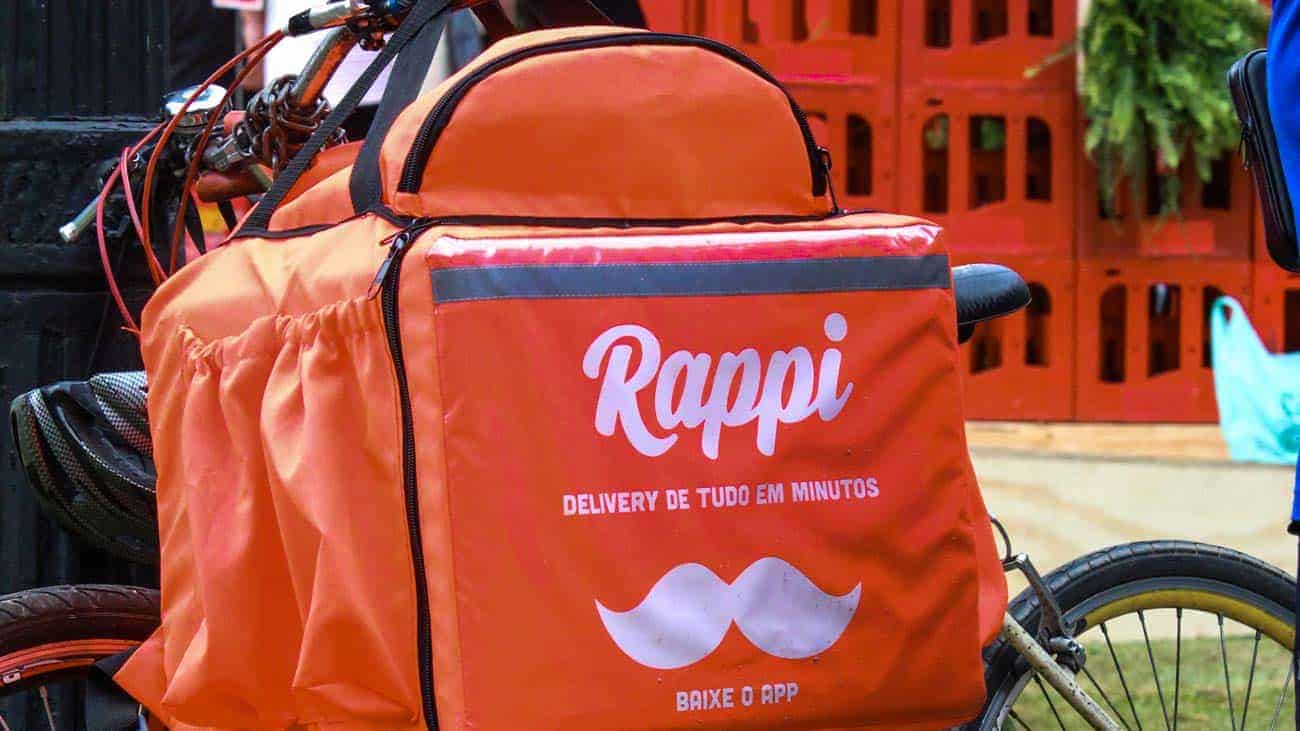
Por Mariana López
February 10, 2020
Contxto – Rappi is attempting to show some goodwill towards its delivery staff. This week, the Colombian unicorn announced it’s opened four RappiPoints or rest stops in São Paulo.
And in other news from Brazil, Uber is off the hook in holding an employment relationship with its drivers.
In a nutshell, dynamics for middlemen—be they couriers or drivers—are shifting.
Besides these pit stops in São Paulo, the Colombian startup also plans to open additional resting areas in Belo Horizonte, Fortaleza, Porto Alegre, and Rio de Janeiro.
At these locations, Rappi’s Rappitenderos can chill, eat, inflate a flat tire, and charge their phones.
Other benefits the startup has sought to offer include insurance in case of an accident while on the job as well as providing more inexpensive cell phone plans. Likewise, it’s partnered up with Mais Barato Store (a vendor of used cell phones), to offer its delivery people phones at a discount.
A happy courier is more likely to go the extra mile in their last-mile deliveries.
And they’re also less likely to file a lawsuit, and that brings us to our next piece of news.
Who says you need to watch Suits or Law and Order to get a little courthouse drama? Just tune into the legal battles some startups in Brazil are facing to get your dosage.
Here’s a recap of what’s been going on:
Now then, this week, Breno Medeiros, a federal judge from the Superior Labor Court in Brasilia, determined that there is no employer-employee relationship between Uber and its drivers.
His reasoning stems from the flexibility these chauffeurs have in terms of managing their own schedules and customers. Factors that are “incompatible” with a traditional tie between an employer and employee. Not to mention that these drivers take a majority pay cut from the trips they make.
The score is set at 2-1, people. Moreover, this decision came from a federal court. Higher-ups, people.
So now it seems that in this gig economy debate, the balance is tipping towards these marketplace businesses.
Related articles: Tech and startups in Brazil!
-ML

Por Stiven Cartagena
January 12, 2026